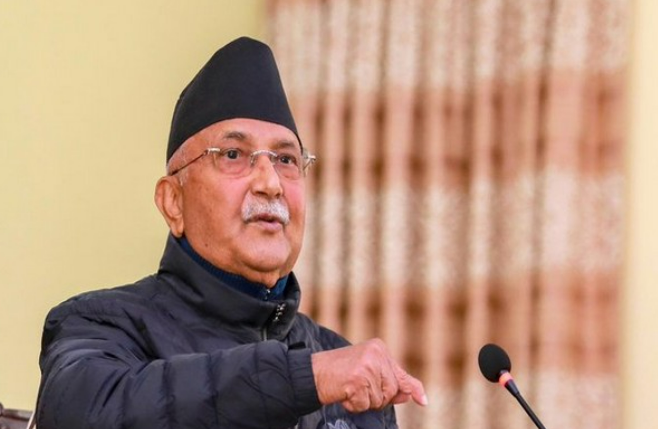
Prime Minister KP Sharma Oli has stepped down from office after violent anti-corruption protests engulfed Nepal, marking one of the most dramatic political shifts in the country in recent years. His resignation follows days of clashes that left at least 16 people dead and hundreds wounded.
Violence and Public Anger
The protests erupted after allegations of large-scale corruption within government ranks surfaced, including reports of embezzlement in public projects. Frustration with rising inflation, unemployment, and political favoritism fueled the anger of demonstrators.
As protests spread, Kathmandu saw massive gatherings, while Damak — Oli’s hometown — became the epicenter of violence. Protesters attacked his residence, chanting slogans against corruption and demanding his resignation. Security forces responded with heavy force, resulting in casualties that further inflamed public anger.
Prime Minister’s Statement
In his resignation speech, Oli said he was stepping aside in the interest of peace and stability. He expressed regret over the loss of lives but defended his record, insisting that corruption was a “systemic disease” not confined to his administration. He appealed to the next government to prioritize anti-corruption reforms.
The announcement was broadcast nationwide, with Oli appearing visibly emotional. He warned that unless corruption was rooted out, Nepal’s democracy and development would remain fragile.
Celebrations and Skepticism
Crowds poured onto the streets of Kathmandu after the resignation, waving banners and declaring the protests a victory for ordinary citizens. Civil society groups, however, stressed that symbolic gestures were not enough. “Removing one leader will not fix decades of corruption,” said a representative of a leading watchdog organization.
Protest leaders vowed to continue their movement until a credible anti-corruption commission is formed with real enforcement powers. Families of victims demanded accountability for police actions that led to deaths during the clashes.
Political Turmoil Ahead
Oli’s departure leaves a power vacuum at a delicate time. The opposition has called for urgent parliamentary sessions to appoint a caretaker government. The Nepali Congress, the Maoist Centre, and regional parties are expected to negotiate power-sharing arrangements, but divisions remain deep.
The possibility of fresh elections looms if parties fail to agree on a stable coalition. Political analysts warn that instability could further erode public confidence in Nepal’s democratic process.
Regional Implications
Nepal’s political instability is closely watched by its neighbors. India, with historic ties and open borders, has emphasized the need for stability. China, which invested heavily in infrastructure under Oli’s tenure, faces uncertainty about future partnerships.
International observers fear that prolonged unrest could disrupt regional stability, especially as Nepal remains strategically located between two major powers.
Economic and Social Impact
The protests and Oli’s resignation have left Nepal’s economy in turmoil. Tourism, already struggling after the pandemic, faces mass cancellations. Supply chain disruptions have created shortages of essential goods, while transport strikes have crippled trade.
Business chambers warn that unless a stable government is quickly formed, investor confidence will decline further. Farmers and small traders, who joined the protests in large numbers, continue to demand immediate relief measures.
Civil Society and Reform Demands
Civil society organizations are pushing for deeper reforms, including greater transparency in public procurement, independent oversight bodies, and stricter penalties for corruption. Protest leaders argue that unless these measures are implemented, Oli’s resignation will remain only a symbolic victory.
The crisis has also sparked debates about Nepal’s federal governance structure, with calls to decentralize power and ensure fairer resource distribution across provinces.
Uncertain Future
As Nepal navigates this transition, the central question is whether the political class will heed the demands of its citizens. The resignation of KP Sharma Oli is a watershed moment, but without concrete reforms, the unrest may continue to define Nepal’s immediate future.
